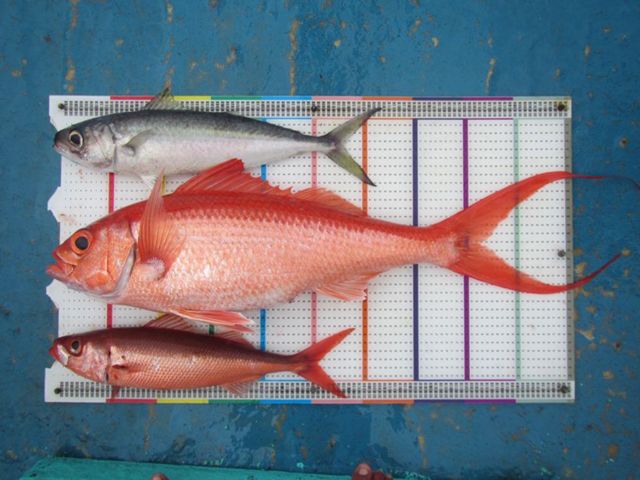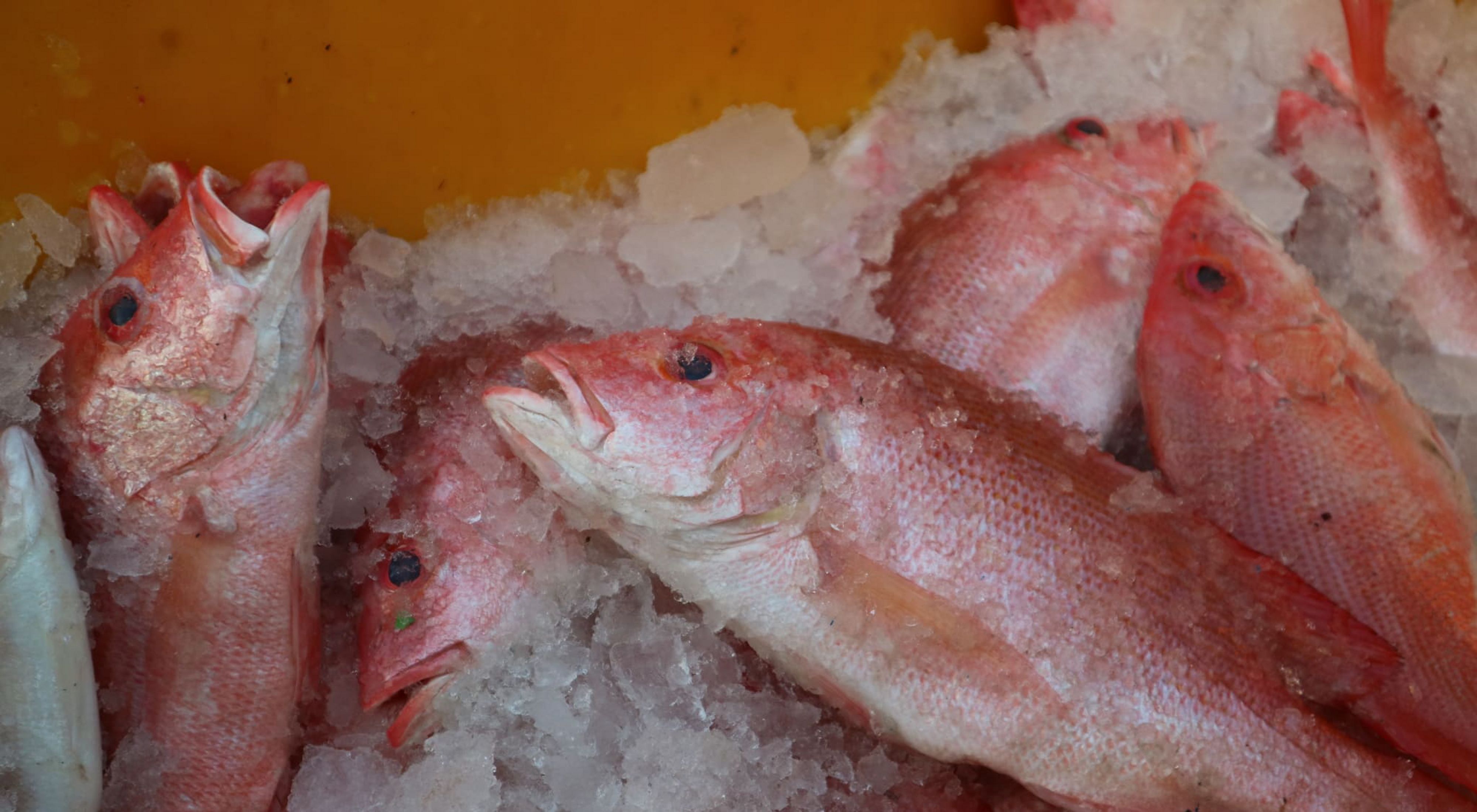Yayasan konservasi Alam Nusantara (YKAN) reminded us that data collection is important to ensure sustainable fisheries governance in Indonesia.
This is because fisheries data collected from time to time (time series data) is important information needed by stakeholders for a better understanding of the fisheries situation in Indonesia, which will later be helpful for making plans, programs and policies, said the Senior Manager of Fisheries Continuing YKAN Glaudy Perdanahardja on the sidelines of YKAN activities in Denpasar, Bali, Sunday.
Therefore, YKAN seeks and contributes to building a more sustainable fishery in Indonesia through various data collection programs.
"As much as 80 percent of the YKAN program for fisheries is to record fisheries. From there, we recommend it to the government. We sit in meetings to prepare fisheries management plans, for example (related to) harvest strategy (fishing strategy, ed.) and provide input," said Glaudy after attending the YKAN Mission Lestari campaign event in Denpasar.

CODRS is a data collection system operated by YKAN's fishing partners. Fish caught by fishermen before being processed or auctioned is placed on a measuring board to record length and type. The data, including the photos, which have been verified, are then sent and stored in a database.
Not only that but fishermen's fishing vessels are also equipped with GPS so that the existing data includes fishing locations. So far, the data collection process has involved ships with a capacity of 1 gross ton (GT) up to 30 GT.
"(CODRS) spread throughout Indonesia. Approximately 1 WPP has 40 fishermen," said Glaudy.
CODRS has been used to record snapper and grouper catches, but also shark and ray bycatch. Data collection results in 2019 identified 1,742 individuals, of which 59 percent, according to the IUCN Red List, are near threatened, 9 percent are threatened, 8 percent are vulnerable, and 3 percent are critical.
Glaudy conveyed that fishermen have continued to collect data through CODRS since 2015. However, he acknowledged that using this technology requires ongoing financial support so the program can continue.
"Until now (CODRS) continues to be ongoing. Hopefully (continues), but this also depends on the funding," he said.
(Source: antaranews.com)


